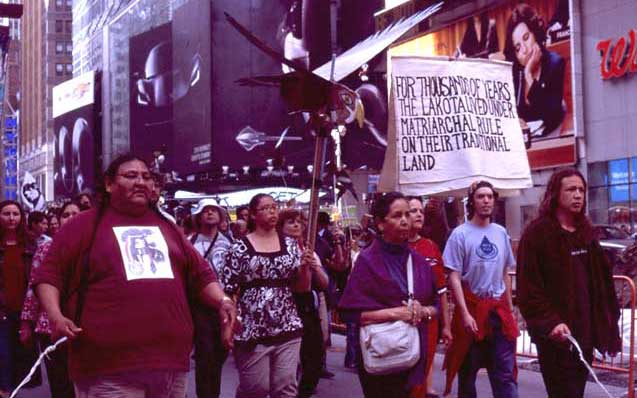VIOLENCE AND IMPUNITY IN XALAPA
One Year after the Murder of Journalist Regina Martínez
by Andalusia Knoll, Upside Down World
On April 28, 2012 journalist Regina Martínez was found strangled in the bathroom of her home in Xalapa, the capital of the southern Mexican state of Veracruz. Martínez was a renowned journalist with the Mexican weekly magazine Proceso, which for the past 36 years has been publishing articles about narco-trafficking, the war on drugs, and government corruption, among other topics. While Martínez reported frequently on all of these aforementioned topics, the Veracruzan government negated the fact that she was killed for her publications, instead attributing her murder to a common robbery.
Her assassination and the impunity surrounding it has become an emblematic case in the crisis suffered by journalists in Mexico. Over the last decade, Mexico has become one of the most dangerous countries for journalists, with increasing assassinations, forced disappearances, and physical threats against members of the media. According to press freedom group Article 19, threats against journalists in Mexico rose 20 percent from 2011 to 2012. Meanwhile, in the four months since president Enrique Peña-Nieto has taken power, the number of threats has risen another 20 percent. The Committee for Protection of Journalists has classified Mexico as the eighth worst country in the world for journalists in its annual Impunity Index.
Continue ReadingVIOLENCE AND IMPUNITY IN XALAPA


